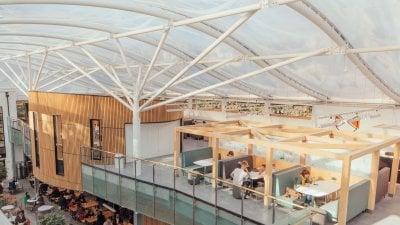Fashion Responses to Wearable Haptic Technologies (‘FRWHT’)
This Research & Knowledge Exchange Doctoral Project brief summarises our priority areas of research interest under the heading of: Fashion Responses to Wearable Haptic Technologies (‘FRWHT’)
We welcome all research degree applications aligned with and in response to this brief.
Project brief details
Whilst there are 9.8 million people who are (d)Deaf or disabled in the UK, their ability to engage with the live music industry as performers has been criticised. Live music performances increasingly incorporate ICT and haptic augmentation may offer potential to increase inclusion of performers who are (d)Deaf, disabled or neurodivergent. Wearable haptic technologies which turn sound into felt vibration, including for instance haptic vests, generally have a utilitarian appearance and would benefit from fashion design and technical garment construction expertise.
The FRWHT call for proposals is designed to explore the extent to which wearable haptic technologies can stimulate a creative response from fashion designers? Furthermore, would wearables which are specifically designed to be worn at public events (as opposed to being designed for gaming at home) increase their attractiveness to and/or usage by audience members who are (d)Deaf, disabled or neurodiverse in live music events in order to drive inclusion? Key potential research questions include:
- Can wearable haptic technologies be specifically integrated into fashion/technical garments to be worn at events?
- Can an existing haptic vest be reconceived as a fashion/technical garment considering sub cultural codes within relevant audience demographics?
- What design approaches to wearable haptic technology are most advantageous in relation to live music performances?
- Can wearable haptic technologies which are specifically designed to be worn at events be created as a fashion/technical garment for broad audience demographics?
- Can wearable haptic technologies which are specifically designed to be worn at events support access for people who are (d)Deaf, disabled or neurodiverse to live music events?
In addition to written reflection, this project could incorporate practice-based responses to these questions (EG prototype garments) and/or include research with commercial partners.
Strategic alignment
Projects deriving from this brief are expected to sit within the Research & Knowledge Exchange strategy and the following department.
| Department | Cornwall Business School |
|---|
All successful research degree project proposals must emphasise a clear alignment between the project idea and our Research & Knowledge Exchange strategy.
Project brief lead
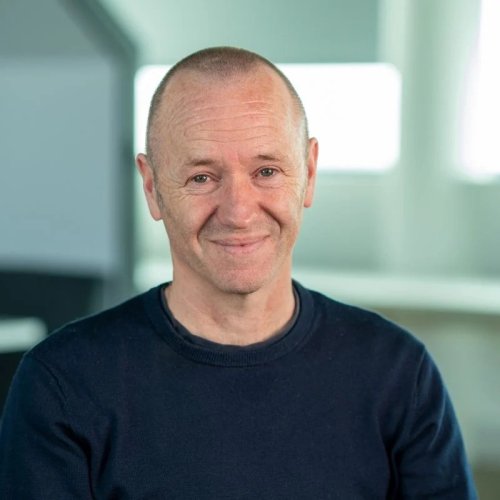
Project Supervisor: Adrian Bossey
Adrian Bossey is Head of Subject at the Cornwall Business School, Falmouth University and a former artist manager whose clients included Carter the Unstoppable Sex Machine, Chumbawumba, Drugstore, My Life Story and The Senseless Things.
Find out moreHow to apply
Enquiries
Project brief & project proposal enquiries
To discuss this project brief, ideas or project proposal responding to this brief, please contact: Adrian Bossey.
Application enquiries
For all other application related enquires please contact the Research & Development team.
T: 01326 255831
Additional resources
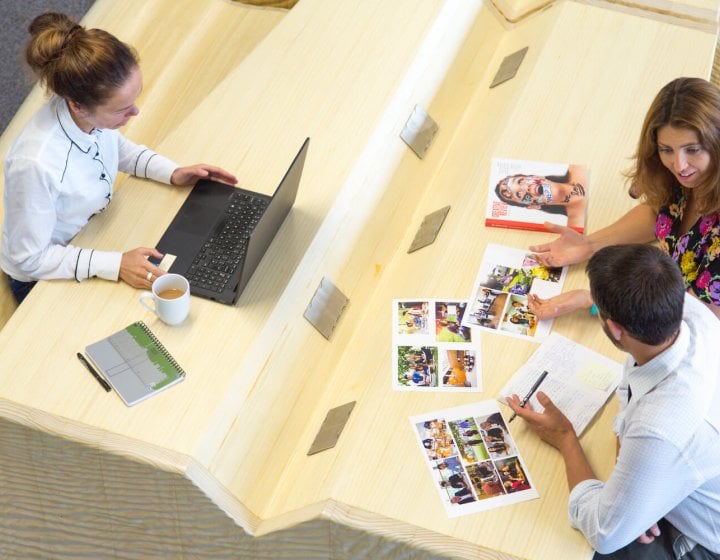
Fund your Research Degree
See the options available to help you fund your research degree.
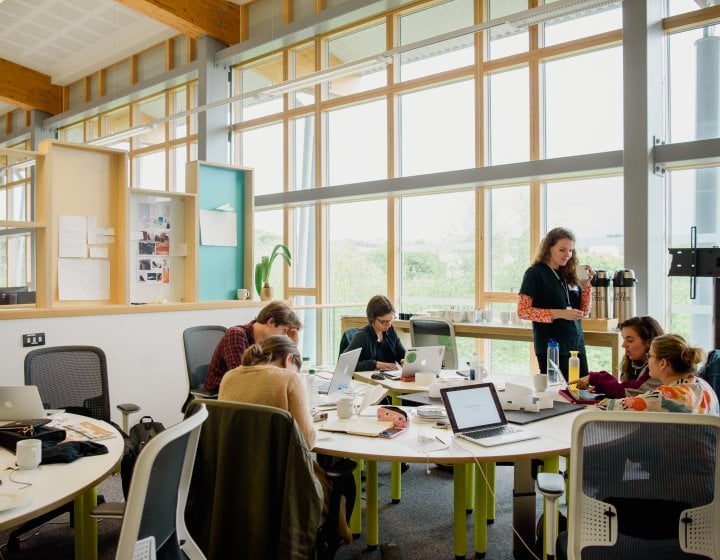
Falmouth Doctoral Studentships
You can apply for a fully-funded Falmouth Doctoral Studentship as part of your research degree appli...
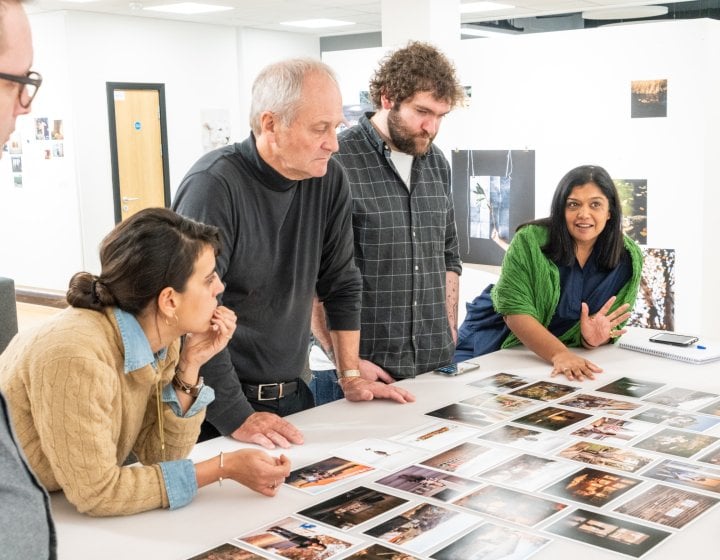
Research & Knowledge Exchange
By stepping beyond disciplinary lines, harnessing creativity and working with communities, we delive...
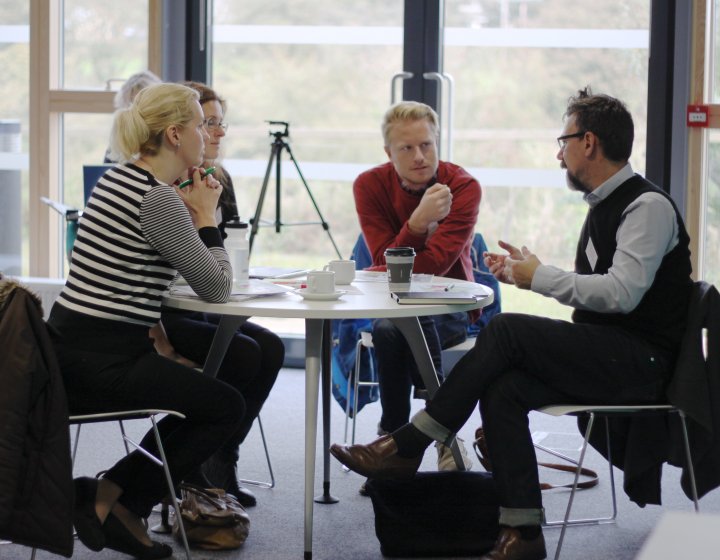
Doctoral Project Briefs
We invite MPhil and PhD project proposals that respond to a doctoral project brief.
